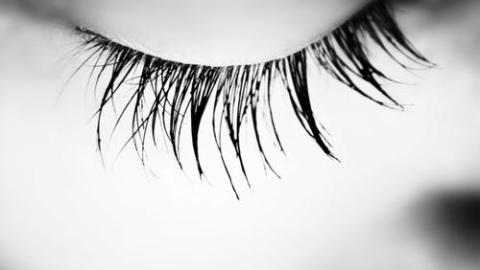Need a Little Break? Have a Blink.

What’s the Latest Development?
While blinking lasts only a fraction of a second, researchers say the brain seizes the opportunity to relax a little, reducing blood flow to regions associated with paying close attention to the surrounding environment. “Most of us take between 15 and 20 such moments of downtime per minute, and scientists have observed that most blinking takes place near or at the point of an ‘implicit stop'”: If we’re reading or listening to a person speak, we will blink at the end of sentence. During a film, we blink when an actor enters or leaves the room.
What’s the Big Idea?
When we blink, brain regions collectively known as the ‘Default Mode Network’ temporarily power up. This idle setting of the brain was discovered less than a decade ago and becomes active when concentration is not needed for specific activities like listening and reading. While our brain idles, our thoughts are more given to wandering: “We contemplate our feelings; we wonder what a friend meant by a recent comment; we consider something we did last week, or imagine what we’ll do tomorrow.” The mental breaks that occur when we blink can last from a split second to a few seconds before attention is fully restored.
Photo credit: Shutterstock.com





